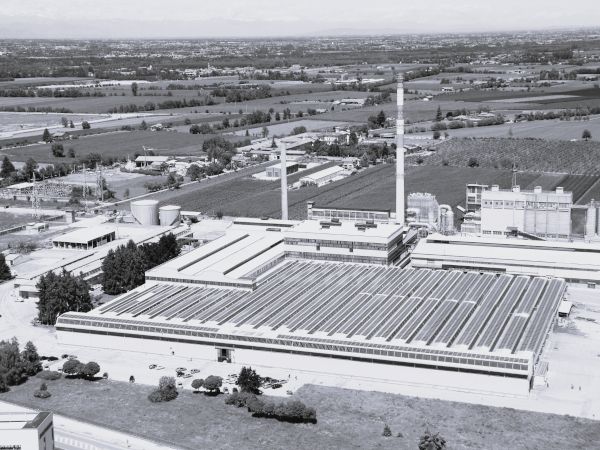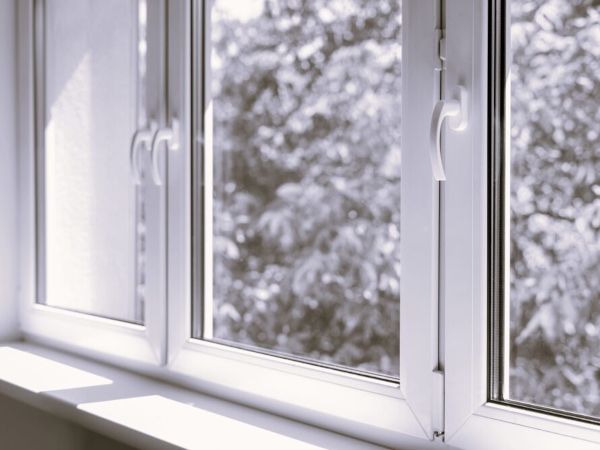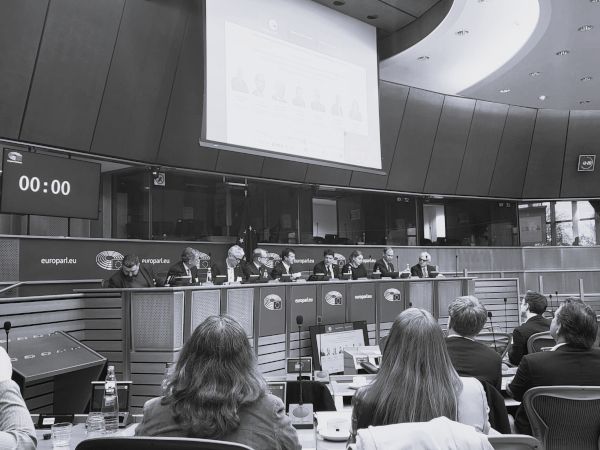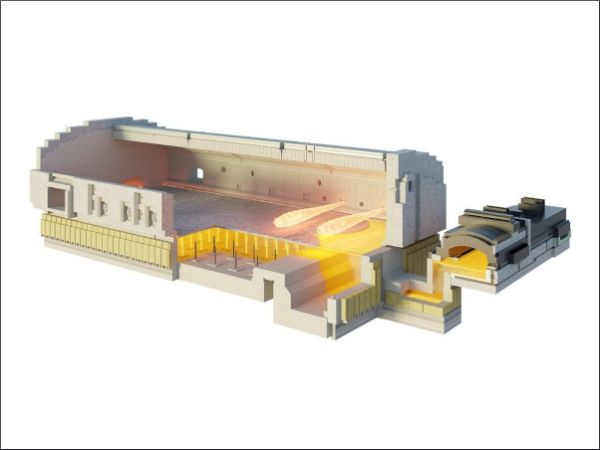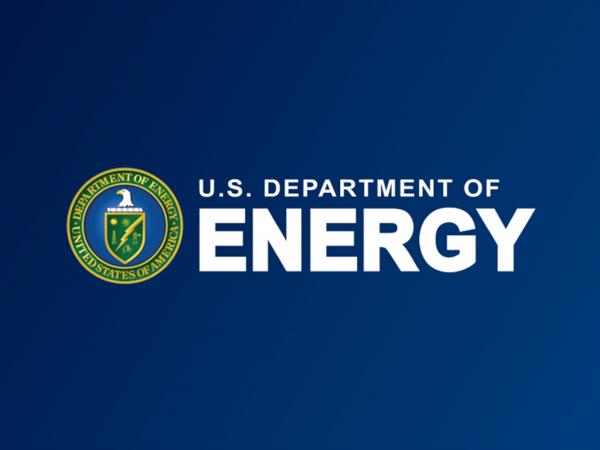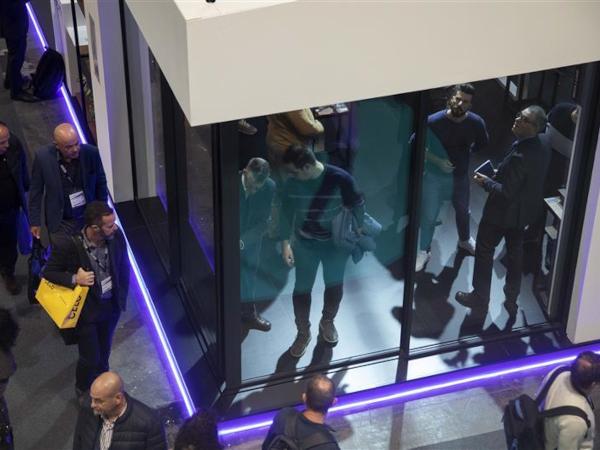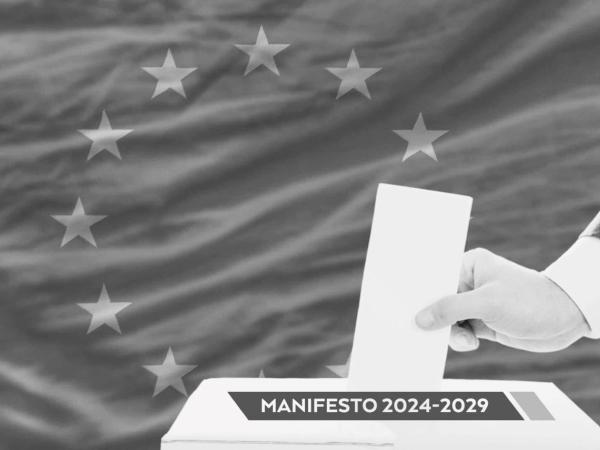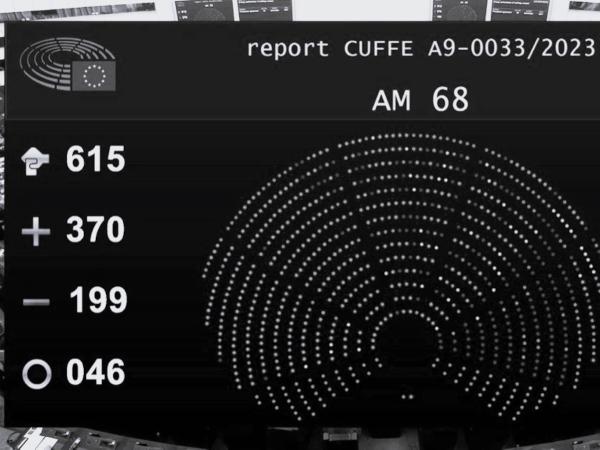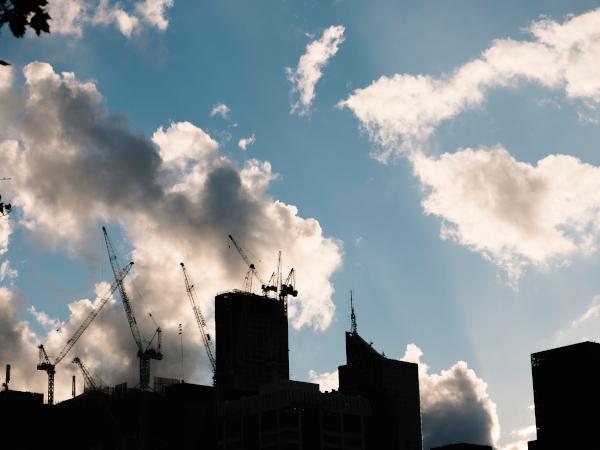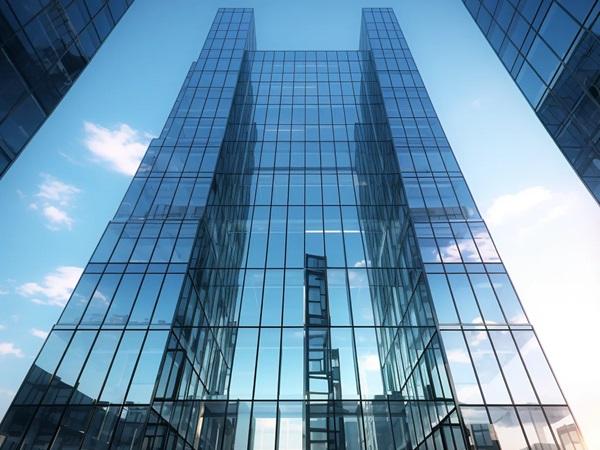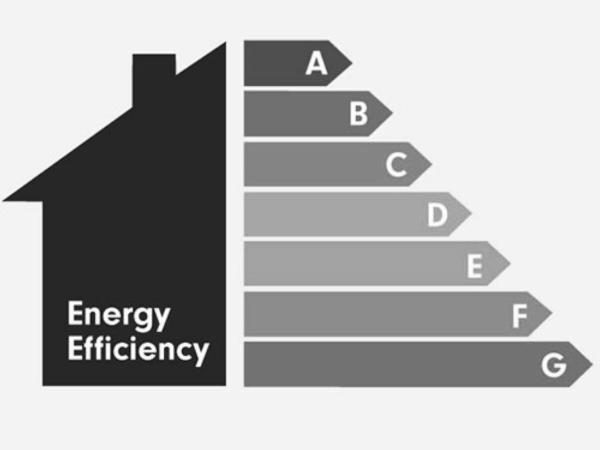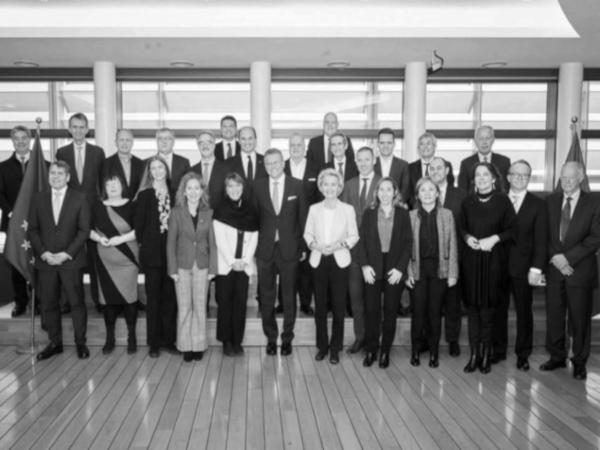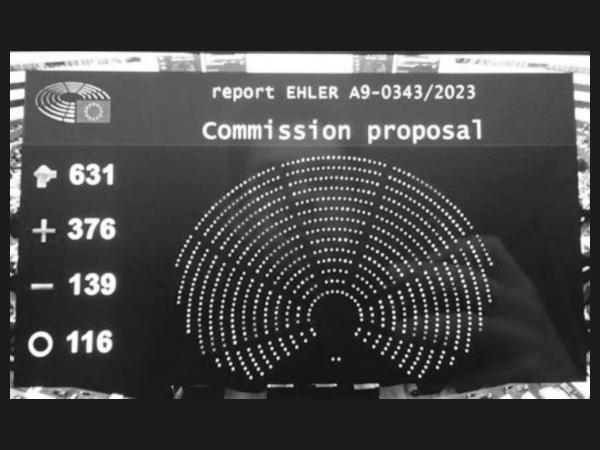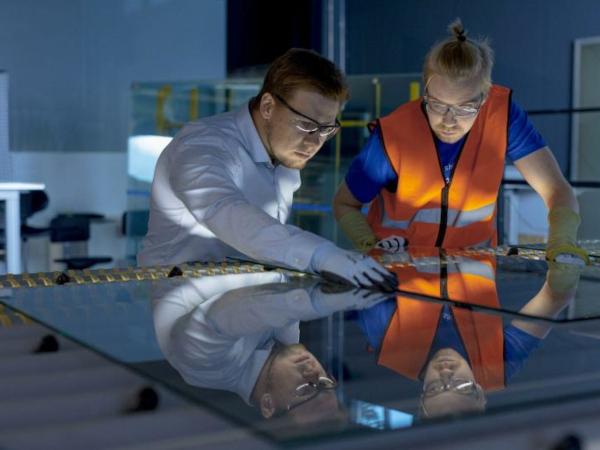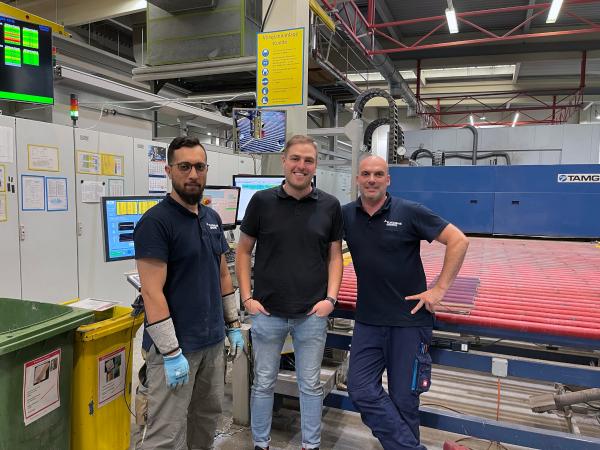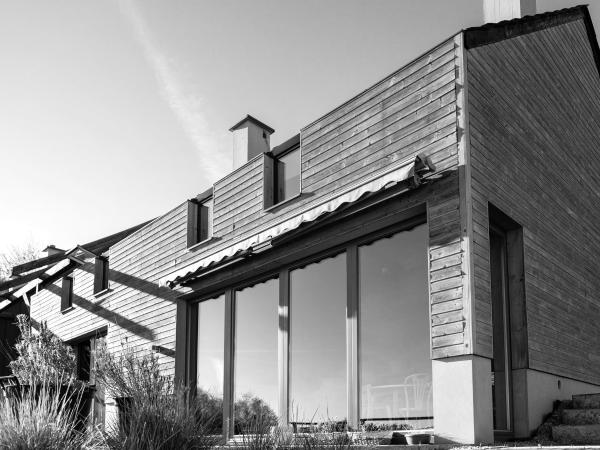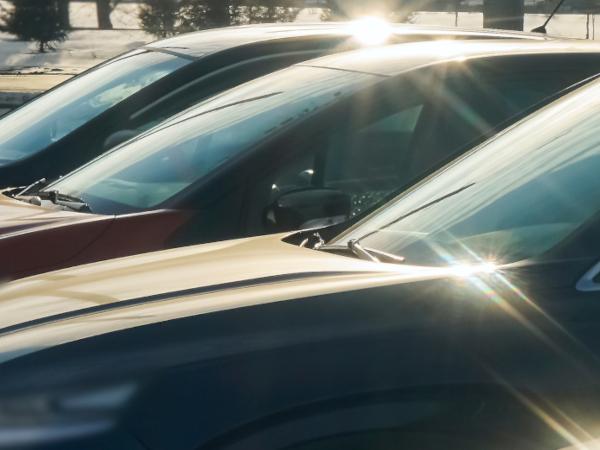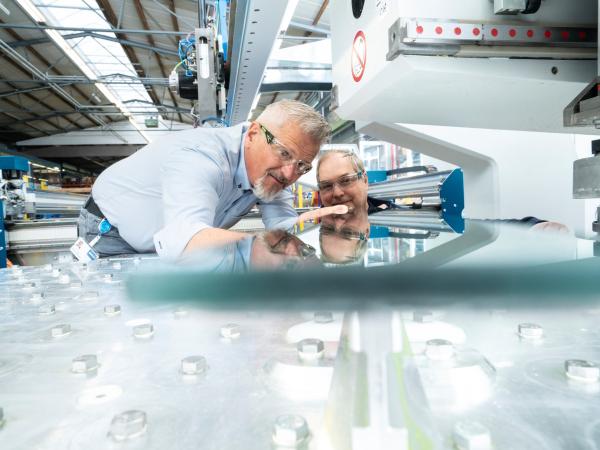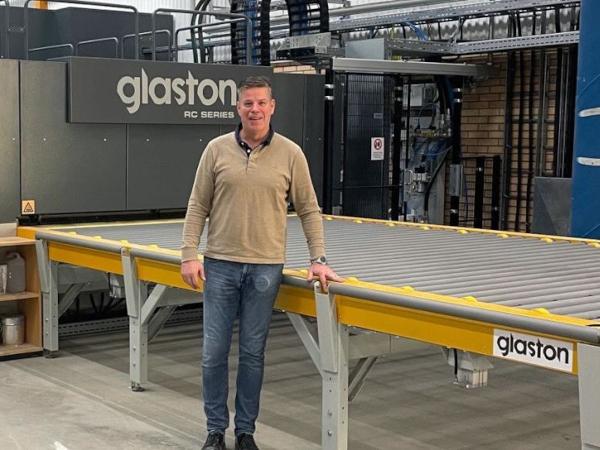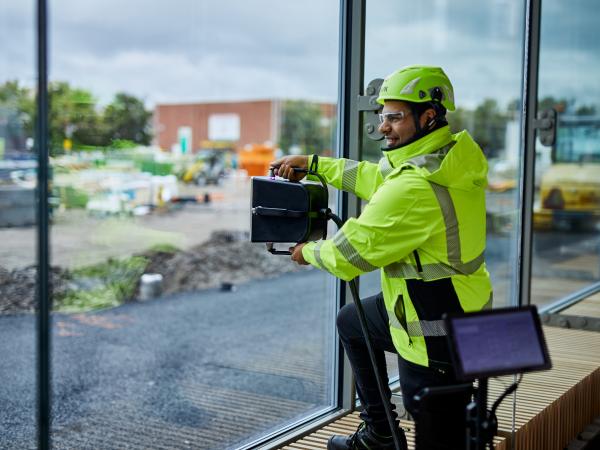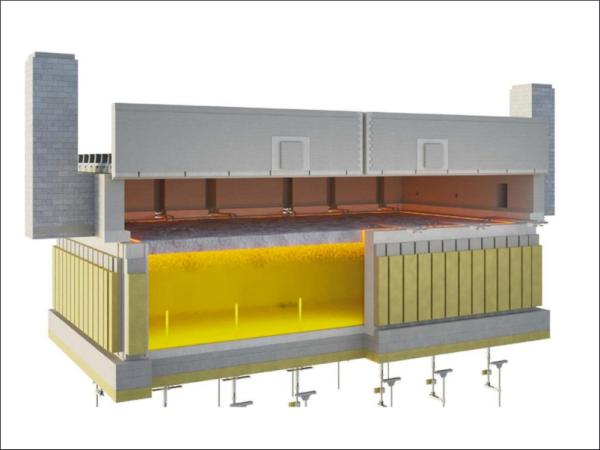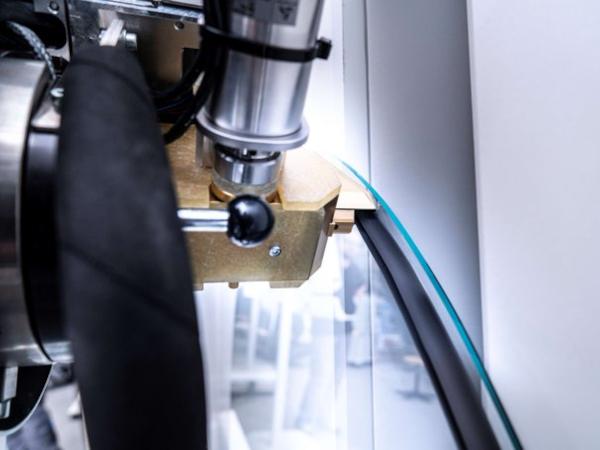Others also read
On 9 October, Glass for Europe contributed to two Calls for Evidence on the future ‘Electrification Action Plan’ and ‘Heating and Cooling Strategy’.
On 30 June, the European Commission adopted a support package to help Member States implement the new Energy Performance of Buildings Directive (EPBD).
The Parliament’s draft resolution points out the difficulties facing energy intensive sectors, primarily high energy prices and decarbonisation challenges and calls for rapid action on energy prices, permitting, trade defence and carbon leakage.
Addressing the industry’s decarbonisation challenge, HORN is taking the next step forward in the industry´s transition to a resource-efficient and low-carbon economy.
New Definition Will Help Nation Achieve President Biden’s Clean Energy and Climate Goals While Lowering Energy Costs, Cutting Air Pollution, and Creating Good-Paying Jobs
VETECO will create numerous business opportunities in a crucial sector for enhancing the energy efficiency of buildings.
In addition to the five-part video series, Glass for Europe is thrilled to unveil a two-pager Manifesto outlining its priorities and policy recommendations for the 2024-2029 mandate of the European institutions.
The plenary session of the European Parliament has voted in favor of the recast Energy Performance of Buildings Directive, one of the final texts of the ‘Fit for 55’ package.
Transitioning energy intensive industries towards 2040 urgently requires the currently missing enabling conditions for a European business case.
In the ever-evolving landscape of sustainable living and energy efficiency, the Glass for Europe manifesto for 2024-2029 emerges as a guiding light towards a greener future.
Following the fourth interinstitutional meeting which took place on 7 December, EU co-legislators reached a political agreement on the revision of the Energy Performance of Buildings Directive.
Yesterday, Glass for Europe’s Chairwoman Joana Arreguy from Saint-Gobain participated in the EU Clean Transition Dialogue on industry with EC President and Executive Vice-President.
On November 21, the European Parliament has adopted its position on the Net-Zero Industry Act with 376 votes to 139 and 116 abstentions.
Now is the time to focus on energy efficiency, quality and automation with every piece of glass processed.
High-performance glazing could save up to 37% of the total energy consumption from the EU building stock by 2050!
The new Fenzi AGT technology revolutionizes automotive glass enamels, reducing costs and energy consumption.
This year at Vitrum you can see the future of the glass industry
Energy efficiency is one of the key ways to make the electricity you use in production go further.
Higher production capacity with lower energy consumption
Measuring the gas concentration of insulating glasses has become more important than ever as it contributes to the energy efficiency of the insulating glass.
Glaston sees the promotion of sustainable development as an opportunity.
The rising costs of fossil fuels, at least in big parts of the world, and a general pressure in the reduction of CO2 is driving industries of all kinds to explore and use alternative energy sources.
This blog on Glastory by Uwe Risle is covering the strategies to minimize costs in insulating glass production.

